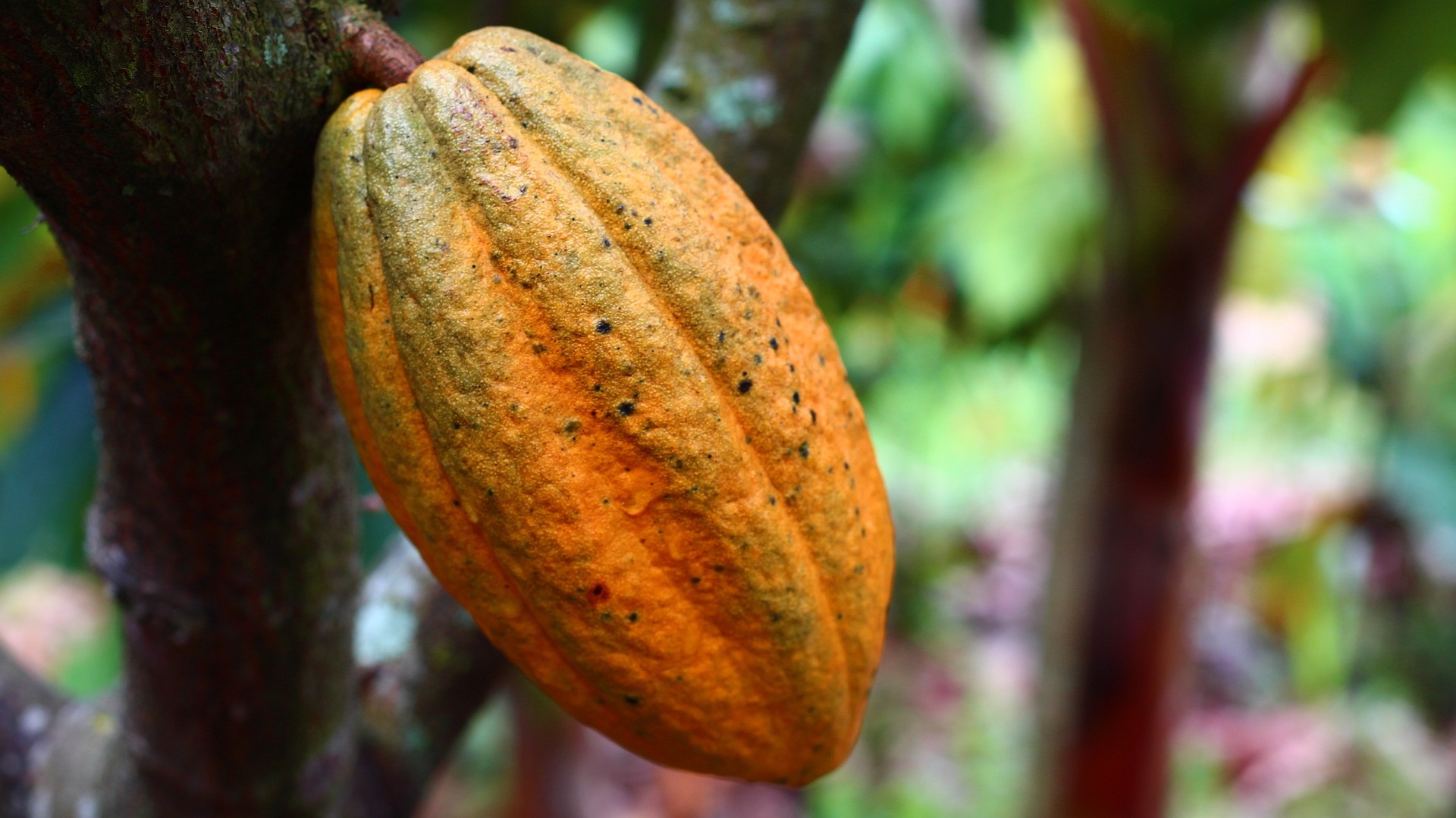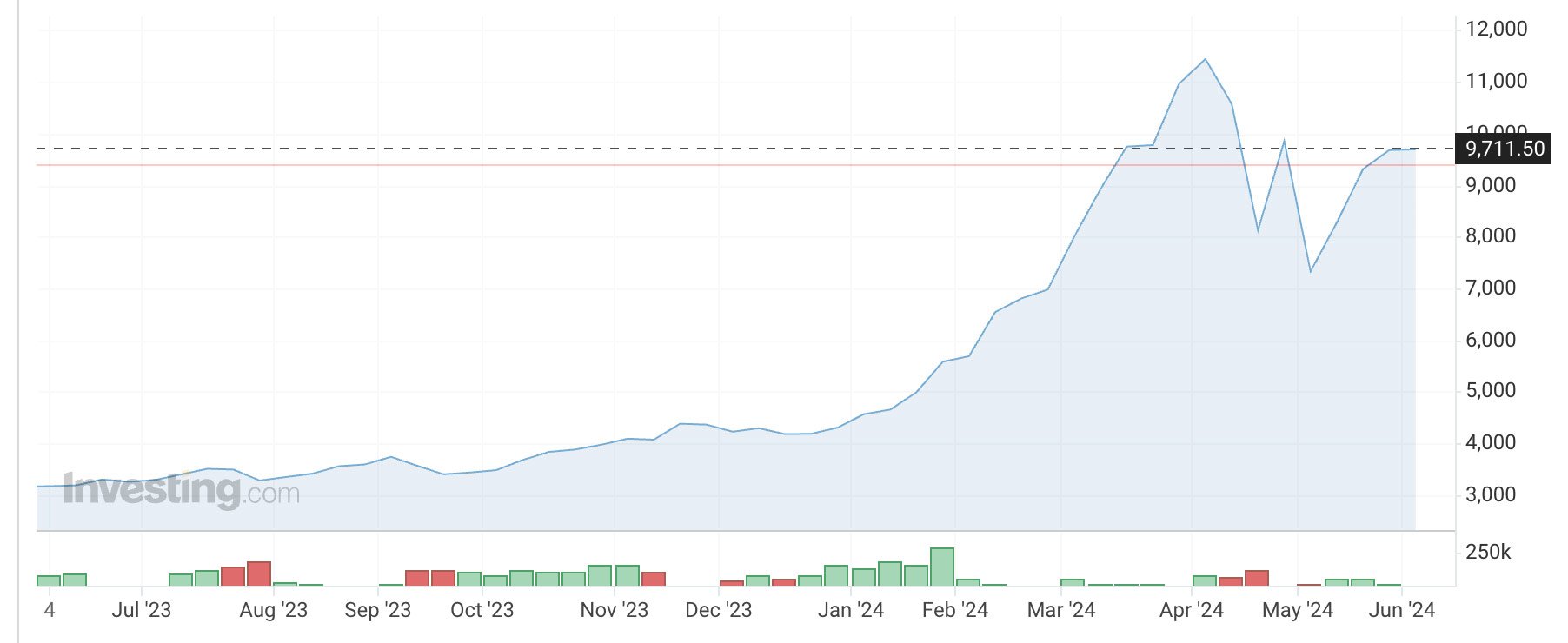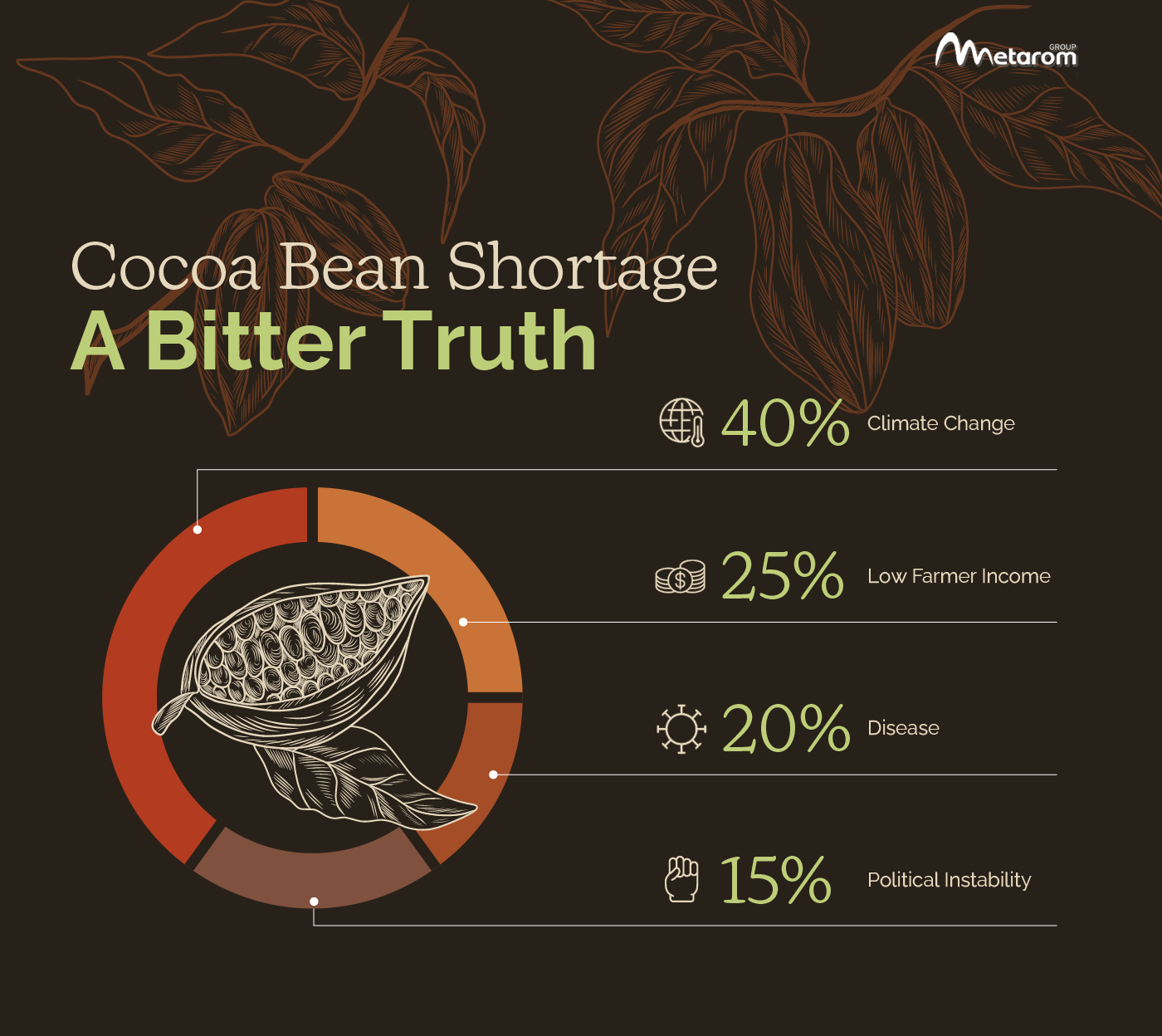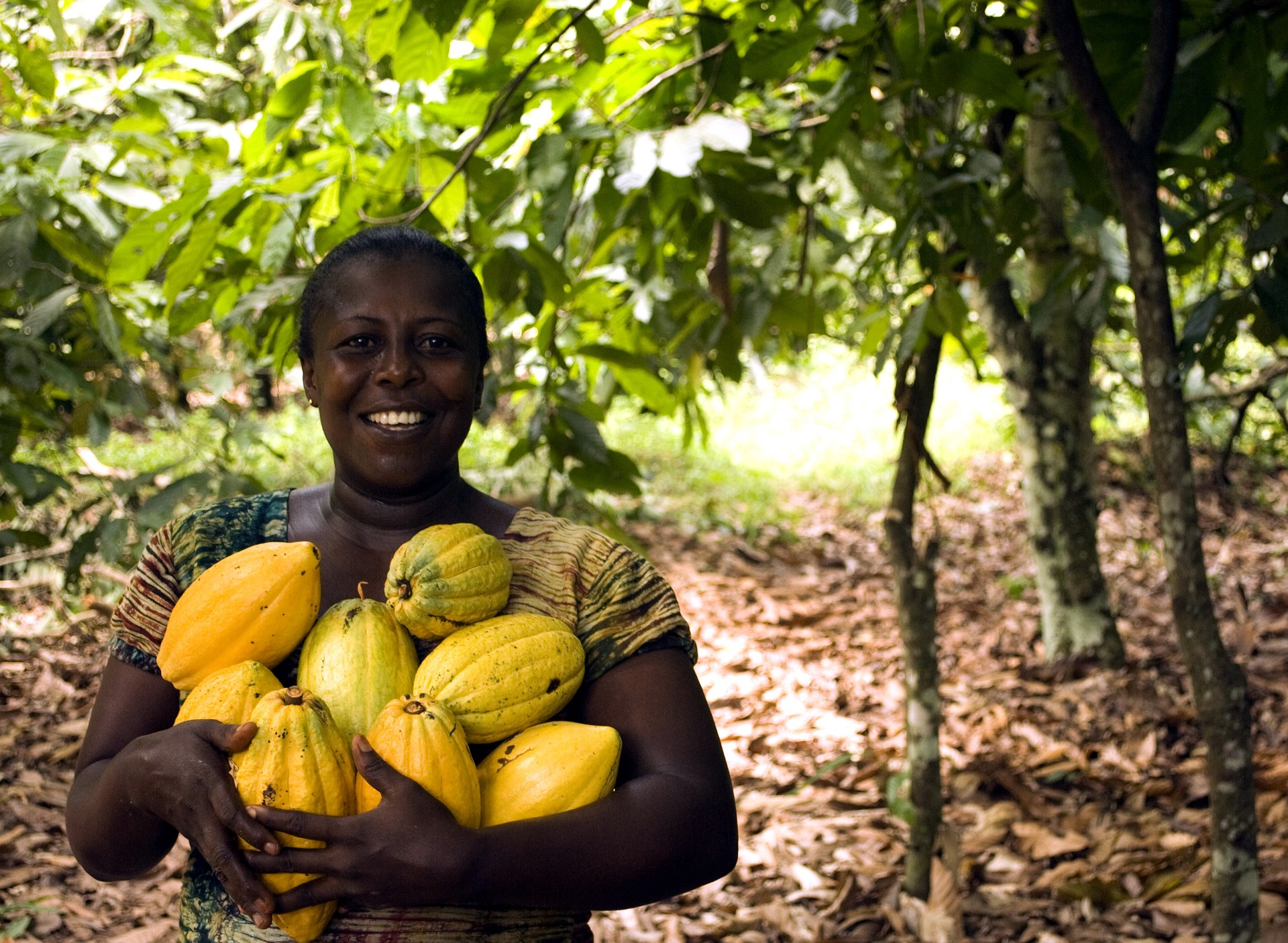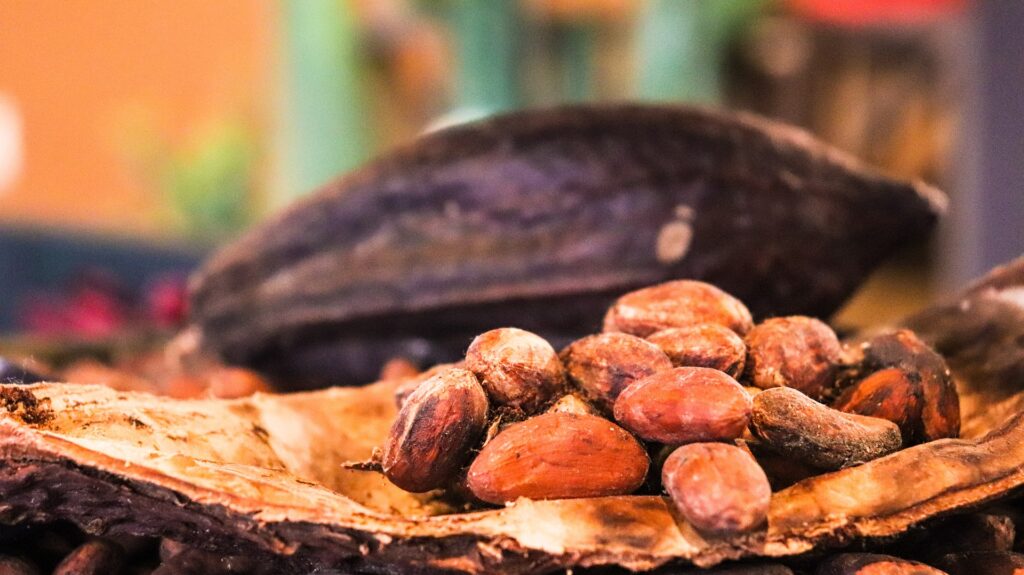
The African Cocoa Beans’ Impact on Chocolate Production
Cocoa beans are crucial to the global chocolate industry. West Africa produces over 70 percent of the world’s cocoa beans. Chocolate manufacturers worldwide rely on cocoa in Africa to supply the rich flavors their consumers demand. Any nuance in crop harvest significantly impacts pricing, with Côte d’Ivoire, Cameroon, Ghana, and Nigeria dominating the chocolate industry.
African cocoa beans and African cocoa powder are each known for their intense flavors, earthy undertones, and extremely high quality. Cocoa farming is a significant global supply and income source for African farmers. Any interruption in this supply chain can be devastating from a consumer cost perspective. We’ll look at some of the factors in cocoa bean production and what to do about the impacts.
Global Weather Impacts
In the era of climate change, many unpredictable elements can significantly influence the industry’s steady supply of cocoa beans. This means price increases become inevitable from time to time. African cocoa beans are sensitive to weather events, and this sensitivity reduces crop yields. Here are some of the ways a changing climate has impacted West Africa cocoa production significantly across the world:
- HSAT reports that El Niño, coupled with climate change, is wreaking havoc on West Africa’s cocoa production. Erratic rainfall patterns and increased temperatures in West Africa have caused moisture stress and inhibited the growth of cocoa flowers and pods. These climatic shifts also exacerbated the spread of pests and diseases, making it challenging for farmers to maintain optimal cocoa yields.
- Black pod disease is caused by a fungal infection called Phytophthora spp. Climate change has brought the region increasingly humid and warm conditions, and the fungus has taken over. The cocoa pods end up with dark, water-soaked lesions and rot. The ramifications of black pod disease are dire, jeopardizing the quality and quantity of cocoa crops. Climate change has impacted cocoa bean production for three years in a row. It is imperative to acknowledge the impact of climate change in West Africa so it can be reversed.
- Additionally, climate change has created humid conditions that allow mealybugs to thrive. Mealybugs are insects that suck sap and transmit swollen shoot virus. The virus causes the cocoa beans’ shoots to swell, distorts their leaves, and impacts their veins. If it progresses, the branches will die, and, ultimately, the tree will die.
- Cocoa bean growth can stagnate and react negatively to even a small variation in temperature, interrupting overall global production.
- Cocoa in Africa has been exposed to extreme heat, cold, droughts, and excessive rainfall recently, dramatically impacting yields from year to year and increasing unpredictability. The shifting weather patterns have impacted not just the chocolate industry but the local and global economies as well.
- Increased damage from plant disease and the aforementioned pests or insects is also linked to the extreme changes in climate – with mirids and cocoa pod borers becoming an invasive issue for the beans.
- The World Economic Forum reports that the profound impact of climate change on cocoa bean yields has caused cocoa prices to rise by 400% since the beginning of 2023.
African cocoa beans are the backbone of the African cocoa powder and chocolate industry. Even small fluctuations in the weather influence Africa cocoa farming in the short-term and long-term.
Limited Resources & Job Opportunities Leave Small Farms in Poverty
Over 90% of the world’s cocoa production comes from an estimated five to six million small, local cocoa farmers living in impoverished rural parts of Côte d’Ivoire and Ghana. Most of these farmers battle poverty due to their limited resources, a lack of infrastructure, and a scarcity of job opportunities beyond their farms. Their cocoa crops are vital to their survival, but their farms are limited in size, and numerous factors, including climate change, diseased crops, pests, illegal gold mining, and civil wars, impact their crop yields. The lack of income prompts the farmers to look for ways to increase their opportunities, resulting in other issues, including child labor and deforestation.
Companies and organizations have introduced strategies to increase the income of local farmers in these countries. They have also introduced the farmers to sustainable agricultural practices and more efficient farm management. Additional approaches are being instituted to guide the farmers, including farm maintenance subsidies, cash transfers, and managing other crops to diversify their farms. The World Cocoa Foundation’s goal is to significantly increase the income of cocoa farmers by 2030 through these multi-pronged approaches.
Political Instability in West Africa and Its Impact on Cocoa Pricing
Cocoa production relies heavily on stability and routine. Any political upheaval can widely influence the crop yield in a given year. Countries in West Africa who are key players in the flavor and chocolate industry have had to adapt quickly during these times of change:
- Côte d’Ivoire is the world’s largest producer of cocoa in Africa. However, civil war, a lack of stability, and drastic policy changes have greatly impacted regular production.
- While Côte d’Ivoire’s civil war ended in 2011, it continues to impact the country in numerous ways, including damaged infrastructure, ethnic and regional tensions, land disputes, and political corruption.
- African cocoa beans and cocoa powder depend on infrastructure such as roads and ports. When instability leads to closures, the impact is felt worldwide.
- Global events such as the pandemic have led to disruptions impacting the entire industry of cocoa farming.
Africa is a leader in the industry so it’s hard to untie all the impacts on chocolate production – but they are massive. How does the global weather and political instability impact prices and the chocolate you buy?
- In early 2024, cocoa prices surged to over $11,000 per metric ton—a figure nearly three times higher than the average prices since the 1980s, and may climb as high as $20,000 per metric ton.
- While 3% fewer Americans consume chocolate than their counterparts across the pond, collectively, they eat more than three billion kilograms of chocolate confectionery annually.
Any producer should pay careful attention to the supply chain and cost fluctuations in African cocoa beans moving forward.
The Food Industry Is Adjusting & Making Back-Up Plans
The Daily Dot reported that food service industry worker TikToker Just Thoughts (@noeditsjustthoughts) shared recently, “For those that like milk and dark chocolate should start to store a supply. As someone in the dessert food service industry, we are making backup plans to start in the coming weeks because we’re close. We’re gonna be running out of cocoa soon.”
Reuters also noted in March that local farmers can no longer hold on to their farms due to illegal gold mining and cocoa prices that have more than doubled over the last year, scaling numerous all-time highs.
“We need massive demand destruction to catch up with the supply destruction,” Tropical Research Services’ Steve Wateridge, a world expert on cocoa, said.
The Reuters article also shared that, “…two sources said more major state-run plants could shut down soon in top grower Ivory Coast, which produces nearly half the world’s cocoa, and that the sources asked not to be named because they were not authorized to speak publicly on the issue.”
Metarom USA shared that their global supplier, CIRANDA emailed John Hemmingsen, Director of Sales – USA for Metarom USA on November 22, 2024 regarding the continued volatility and increase in prices, noting that there continue to be fluctuations in the cocoa and chocolate market prices, with “current pricing around $8,400 per tonne based on industry reports as well as insights shared by [CIRANDA]’s suppliers…due to a number of factors—continued tight supply out of Africa, growing concern of a below-average harvest in Africa, and looming EU provisions of its ‘deforestation law’ that would curb supplies of cocoa from countries where deforestation occurs (like the Ivory Coast and Ghana),” and that “CIRANDA prices have increased due to global market volatility.”
Developing a Cost-Effective Strategy
Now that we’ve examined some extenuating factors in West African cocoa production, it’s time to develop a strategic plan to maintain stability from a producer and consumer standpoint. We work with key players in the global market to create cost-effective solutions that meet growing demand and maintain a stable price point.
- To help consumers cope with this growing instability, Metarom USA has worked extensively with partners and flavor chemists to develop a new technical flavor called Cocoa Booster, which can supplement cocoa in Africa during supply interruptions.
- Cocoa Booster maintains the same high-quality standards while offering a responsible alternative for African cocoa beans.
- Cocoa Booster can replace up to 30 percent of cocoa or African cocoa powder while meeting the highest standards.
Cocoa farming in Africa will continue to have challenges, and Metarom USA has unique solutions for global organizations.
What Are Technical Flavors?
Metarom has years of experience developing technical flavors that meet the strictest European and global standards while maintaining the integrity of taste and texture. Thanks to our profound knowledge and expertise, our flavor chemists replicate the richness of African cocoa beans. Here’s how we do it:
- We’ve targeted the delicate balance between the creaminess of milk chocolate and the subtle astringency of high-end chocolate originating in West Africa.
- Cocoa production continues to be a key component in chocolate manufacturing, and the familiar flavors aren’t compromised.
- Using Cocoa Booster will significantly reduce your cocoa purchases and boost your profitability by replicating the unique flavors of African cocoa beans.
The cocoa supply in Africa may always fluctuate – but the costs to the consumer will remain more stable by introducing innovative solutions by Metarom.
Future Impacts on Chocolate Production
Implementing a plan for supply interruptions means your organization will better withstand the possible future implications for chocolate production worldwide. Access to African cocoa powder and cocoa beans derived from farming in Africa is not a certainty, so if your products rely on these key ingredients, we suggest exploring some of our other innovative options.
- Work with our flavor chemists to create a match for your organization’s trademark products.
- Discover how to mitigate the risks of West African cocoa production on supply chains globally.
- Easily supplement when you need to.
Contact our team for a consultation and discover more solutions.
Reach Out Today
Discover the taste of authentic African cocoa beans using our technical flavors. Ask us for a sample and work with our team at Metarom USA!
